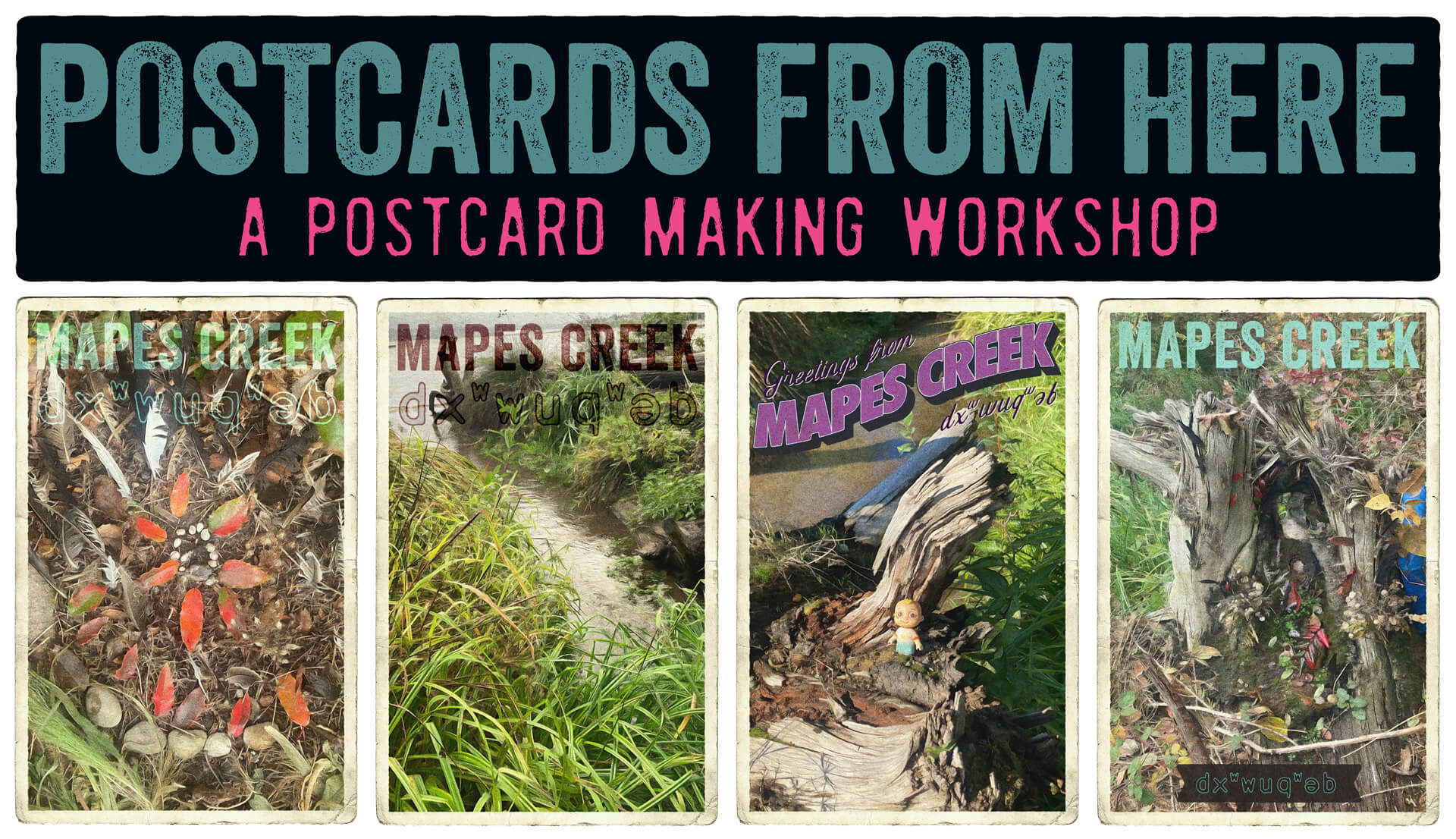Raven Chronicles FOR IMMEDIATE RELEASE DECEMBER 1, 2013
presents
A Reading & Reception, celebrating our new publication,
RACE: UNDER OUR SKIN, VOL. 19, of
Raven Chronicles, A Seattle- based Journal of Art, Literature & The
Spoken Word.
JOIN US! Open to all.
Magazine on Sale: $9.00.
Bring a family or cultural dish to share.
December 13, Friday, 7:00 p.m.
Free
Jack Straw Cultural Center,
4261 Roosevelt Way N.E.
(Corner of 43rd & Roosevelt Way NE)
University District, Seattle
Readings/Performances by poets:
Anna Balint (M.C.), Laura Dá, Paul Hunter, M.S. Johnson, Casandra Lopez, Lawrence Matsuda, Jeanne Morel, Shankar Narayan, Tina Schumann, Judith Skillman & JT Stewart
This edition of Raven Magazine was published in conjuction with Seattle’s Pacific Science Center’s exhibition: Race: Are We So Different?, and the City of Seattle’s The Arts and Race & Social Justice Initiative.
Race: Under Our Skin: Many agree that race is a social construct, born out of ideas of superiority and inferiority, a social construct that has shaped our history, both collectively and individually, and continues to do so. Race plays a part in how others define us, as well as in our individual sense of who we are, and what group, or groups, we belong to. Race continues to confer both privilege and discrimination, evoke both pride and fear, call up/suggest both inclusion and exclusion. Yet racial boundaries have never been simple, have never remained unbroken, or unchallenged, or static. Mulatto, half-breed, mixed-race, other; passing, blood quantum laws, land, civil rights, integration; immigrants, refugees, illegals, legals, country of origin, what temples we pray in, what makes its way into school textbooks…
Essays/Memoirs by
Paul Nelson, Why Cascadia? Why Poetry?
Susan Platt, Haida Gwaii: Tradition Resurrected
Eve Gil, Reinventing the First Kiss, An Homage to Alice Munro
Stacy Lawson, My Yerushe
David Holt, American Indian Poets in the Mixed Blood Experience
Lita Kurth, The Shadow of Racism on our Tongue
Georgia McDade, Post Racial?
Mariana Romo-Carmona, Welcome to America
Elizabeth Woody, The Long Memory
Interviews with artists by
Thomas Hubbard: Alfredo Arreguin
Susan Platt: Gender is Race, Tatiana Garmendia
Fiction by
John Mannone, Fractures in Black & White
Patty Somlo, Cowboy
Poems by
M.S. Johnson, Dennis Caswell, JT Stewart, Gail Tremblay, Tiana Clark, Paul Hunter,
Laura Dá, Dana Dickerson, Chelene Knight, Casandra Lopez,
Lawrence Matsuda, Jeanne Morel, Shankar Narayan, Tina Schumann,
Judith Skillman, Diane Woodcock, Changming Yuan
Art/Photos by
Alfredo Arreguin, Richard Baldasty, Allen Braden, Sharon Carter,
Tatiana Garmendia, Kathleen Gunton, Thomas Hubbard,
Carolyn Krieg, Irene Kuniyuki, Susan Platt, Willie Pugh,
Marilyn Stablein
Reviews by
Laura Lee Bennett, Thomas Hubbard, Anita Endrezze
James Bertolino, Susan Platt, Anna Bálint, Zara Raab
Anna Bálint reviews the film, Fruitvale Station, directed by Ryan Coogler, featuring Michael B. Jordan, Melonie Diaz, Kevin Durand, Octavia Spencer (Weinstein Company, Distributors, 2013). Based on the 2009 fatal shooting of Oscar Grant III by a BART police officer on a BART subway platform in Oakland, California.
Laura Lee Bennett reviews Deborah Akers’s book of poems, backward pilgrim (I-BeaM Books, 2013).
Thomas Hubbard reviews James Bertolino’s book of poems, Every Wound Has A Rhythm (World Enough Writers, 2012).
Anita Endrezze reviews Dan Taulapapa McMullin’s Coconut Milk (University of Arizona Press, 2013)
and Carmen Gimenez Smith’s Milk and Filth (University of Arizona Press, 2013).
James Bertolino reviews Derick Burleson’s USE, A Poem (Calypso Editions, 2012).
Susan Platt reviews editor Valerie Cassel Oliver’s rAdIcAl prEsEncE, Black Performance in Contemporary Art (Contemporary Arts Museum Houston, 2013).








0 Comments